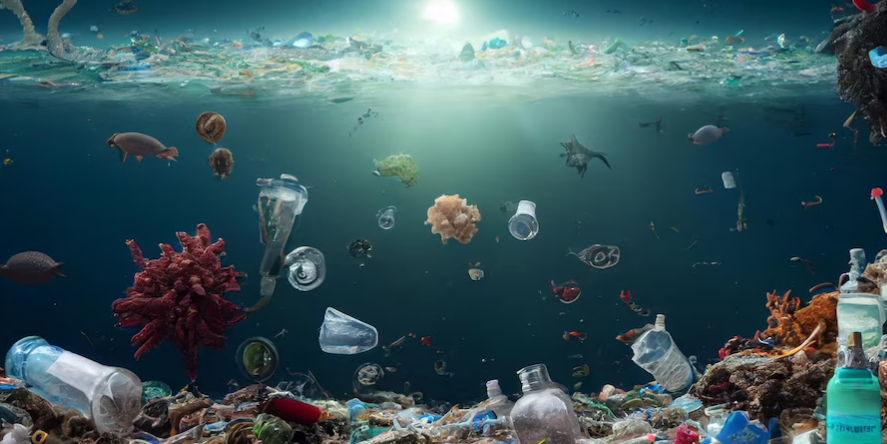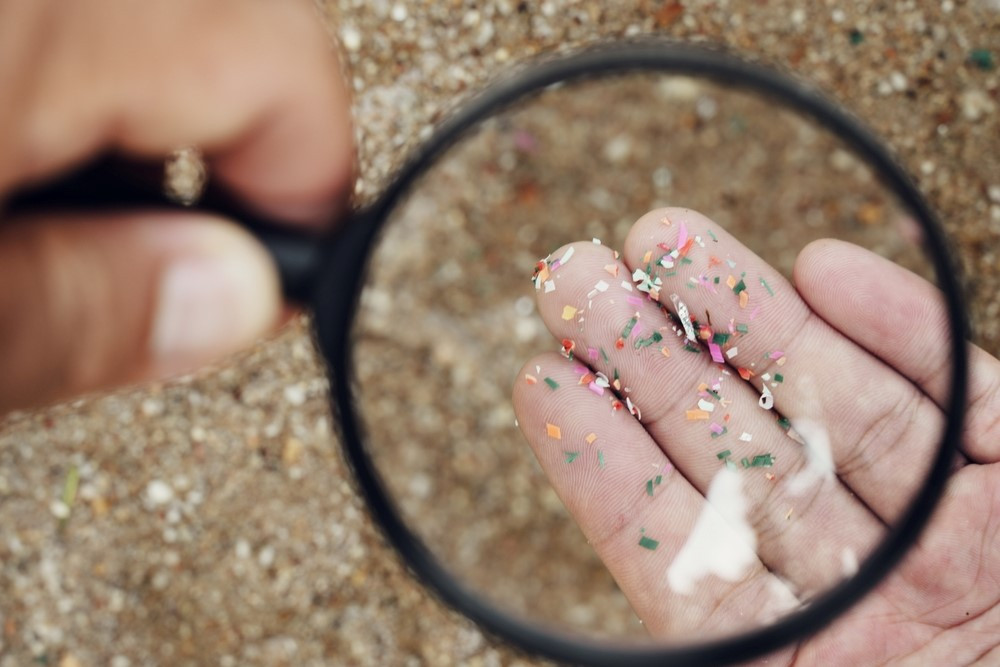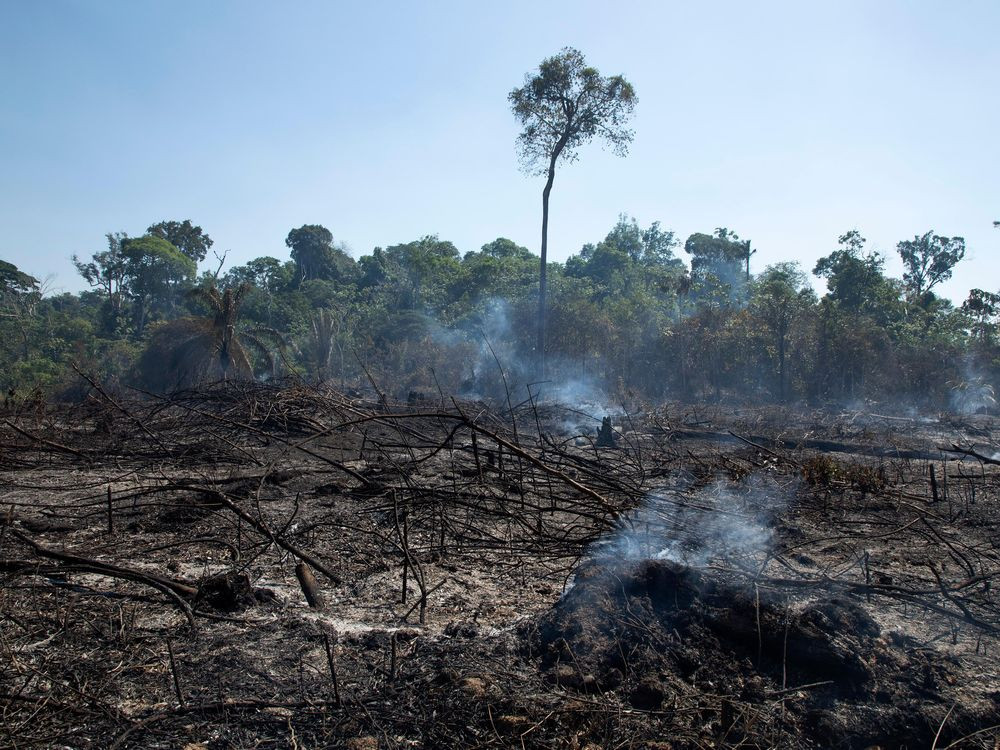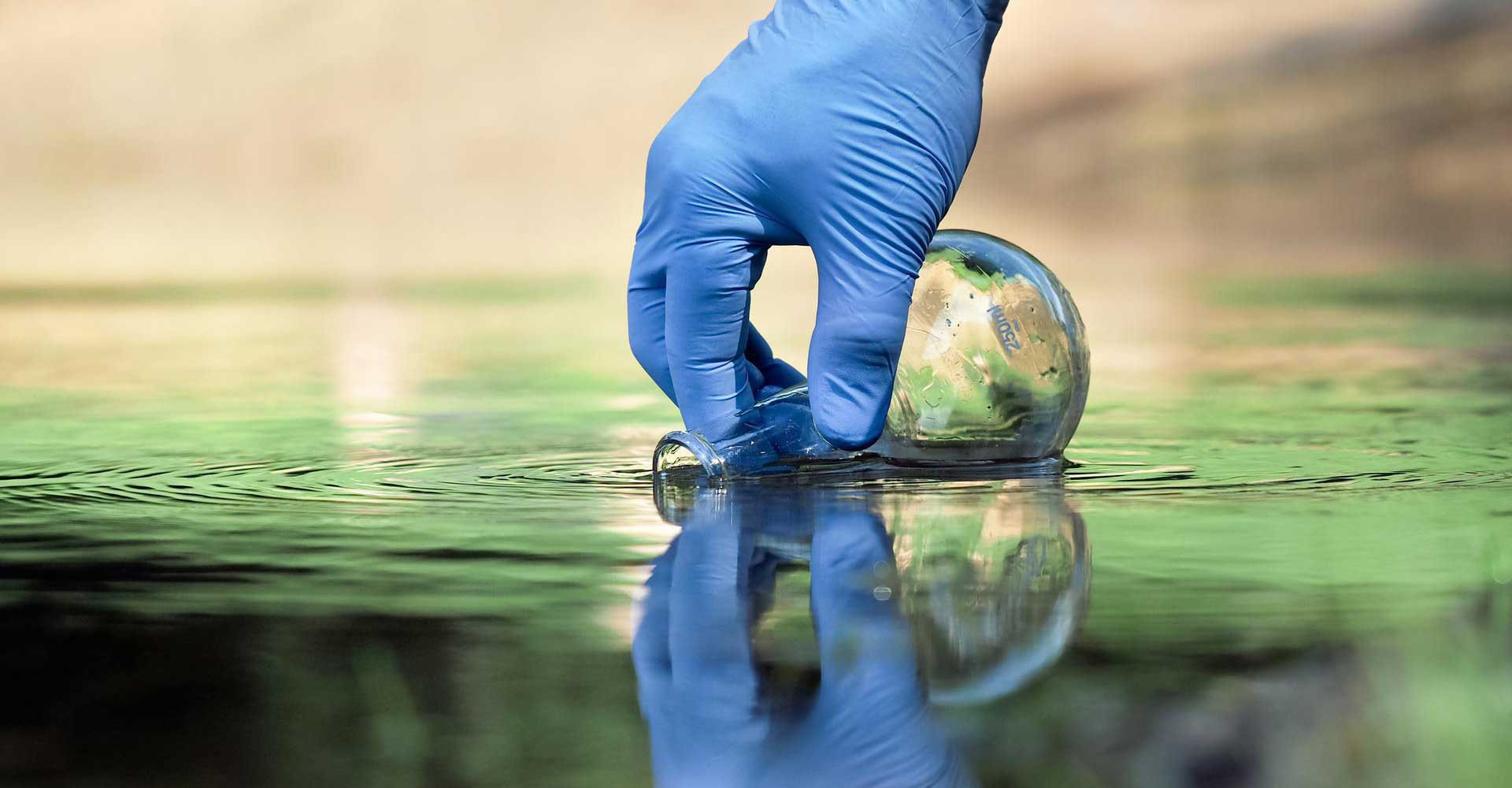The Impact of Plastic Pollution on Marine Life

In the vast expanses of our oceans, a silent crisis is unfolding – the insidious impact of plastic pollution on marine life. Once hailed for its convenience and versatility, plastic has become an environmental menace, causing irreparable harm to the delicate ecosystems beneath the waves. This article delves into the alarming repercussions of plastic pollution on marine life, shedding light on the multifaceted challenges faced by our oceans.
1. The dangers of plastic.
Plastic pollution poses a serious threat to marine life at every level of the food chain. From microscopic plankton to majestic whales, marine creatures become entangled in or ingest plastic debris, mistaking it for food. The consequences are catastrophic, leading to injuries, internal damage, and often death. The widespread presence of plastic in our oceans paints a bleak picture of the challenges facing marine ecosystems.
2. Microplastics: A hidden threat.
In addition to the visible plastic debris scattered along shorelines and floating on the ocean surface, microplastics are also a hidden hazard. These small particles, often the result of the breakdown of larger plastic items, enter the marine environment at an unprecedented scale. When ingested by marine organisms, microplastics accumulate in tissues, disrupting biological processes and threatening the health of entire species.

3. Habitat destruction and altered ecosystems.
Plastic pollution doesn't just affect individual marine creatures; it devastates entire ecosystems. Coral reefs, seagrass beds and other important habitats are choked with plastic debris, leading to habitat degradation and loss. The interconnected web of life in the oceans is being unraveled as plastic alters the balance of ecosystems, jeopardizing the survival of countless marine species.

4. Chemical pollution.
Plastics are not inert; they leach toxic chemicals into the environment. As plastics decompose, they release toxins that pollute the water, posing an additional threat to marine life. From hormonal disruption in fish to the accumulation of toxins in predators, the chemical effects of plastic pollution exacerbate the challenges facing marine ecosystems.

5. Chemical pollution.
Addressing the impact of plastic pollution on marine life requires a coordinated global effort. Initiatives such as international cooperation on waste management, development of biodegradable alternatives and efforts to clean up ocean "landfills" are important steps. Furthermore, personal responsibility is key – reducing single-use plastic, disposing of waste properly and supporting policies that limit plastic production are essential for lasting change.
Conclusion:
The impact of plastic pollution on marine life is an urgent call for action. It requires a collective commitment to change our relationship with plastic, from production to disposal. By understanding the severity of the problem, supporting sustainable practices, and promoting global thinking on environmental stewardship, we can work to conserve the richness and diversity of marine life. for future generations. The time to act is now, as the fate of our oceans and the creatures that live in them hang in the balance.

